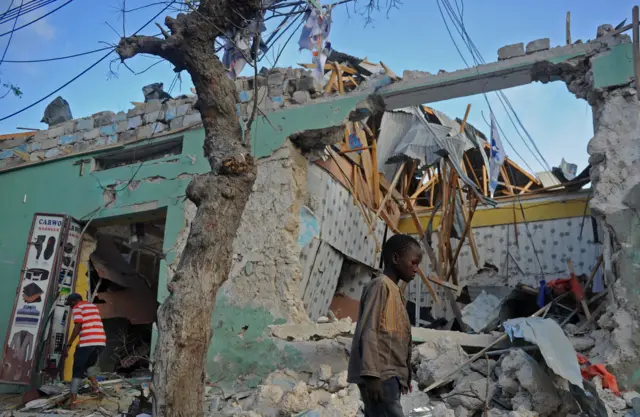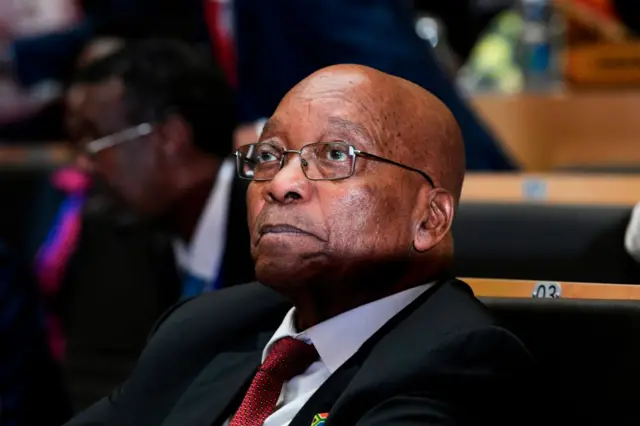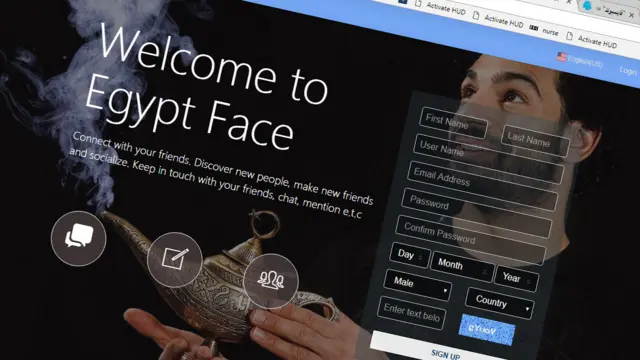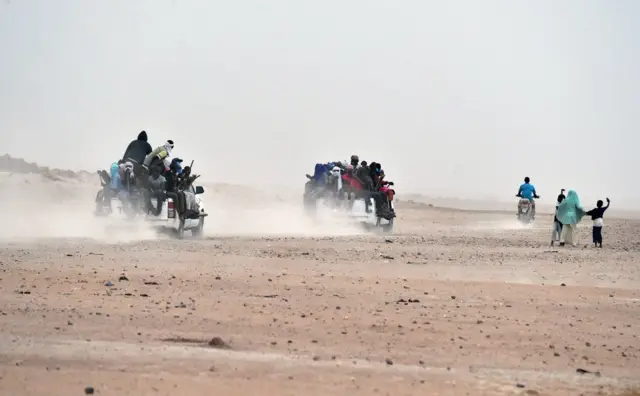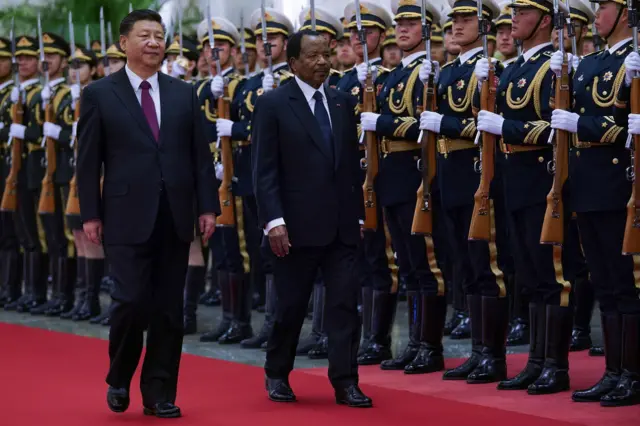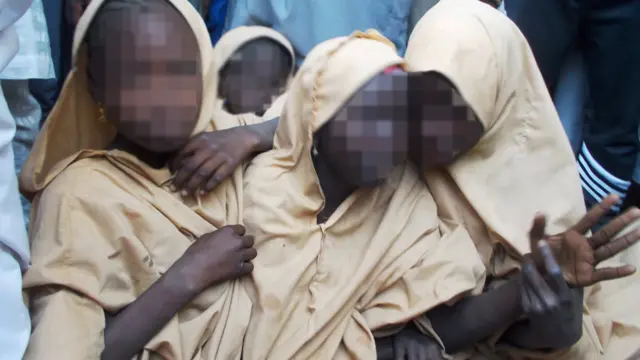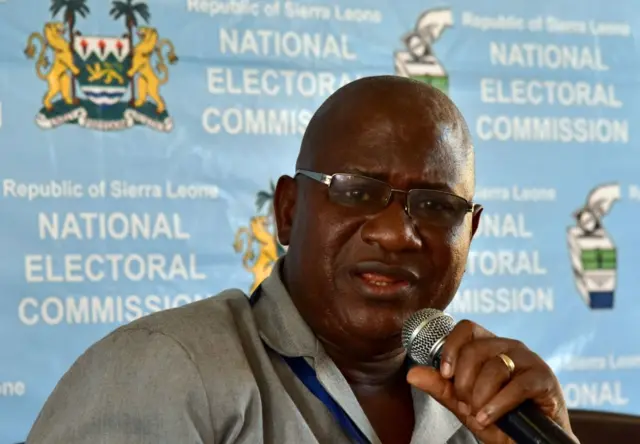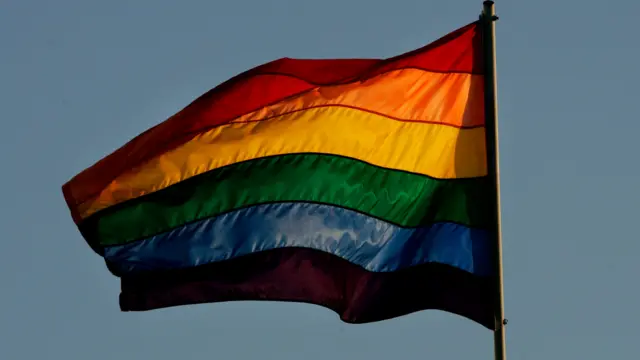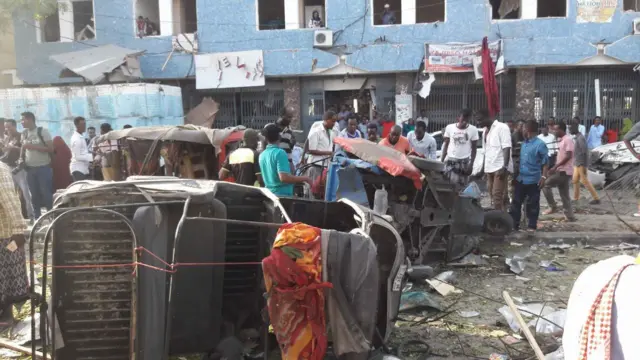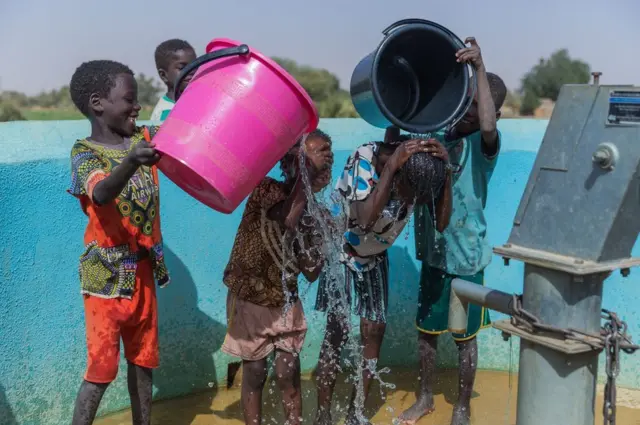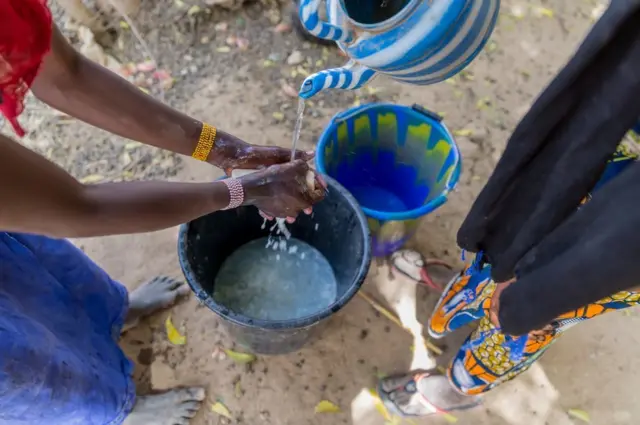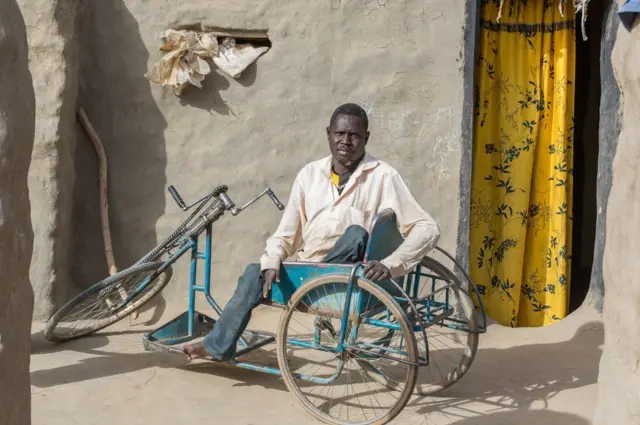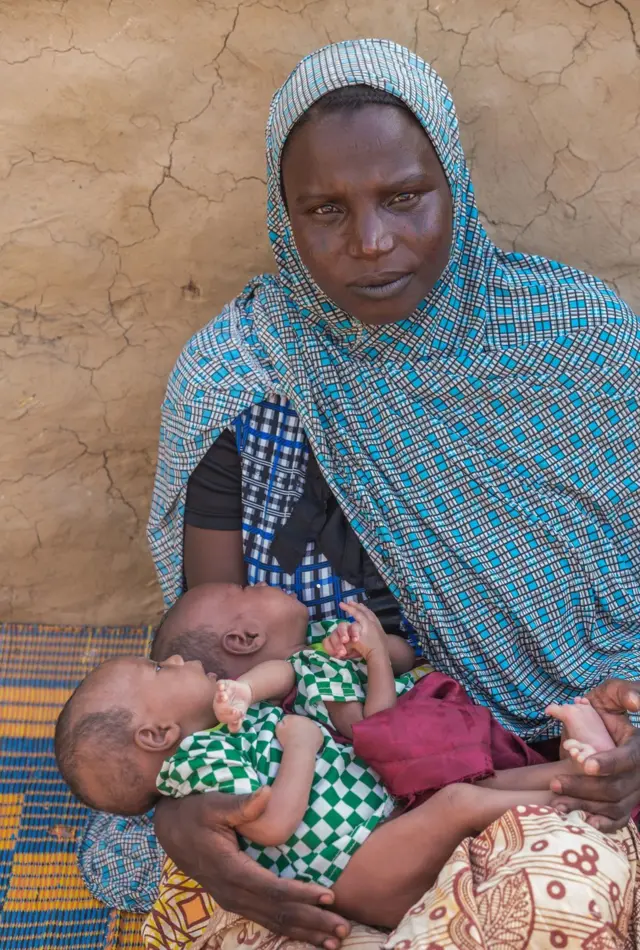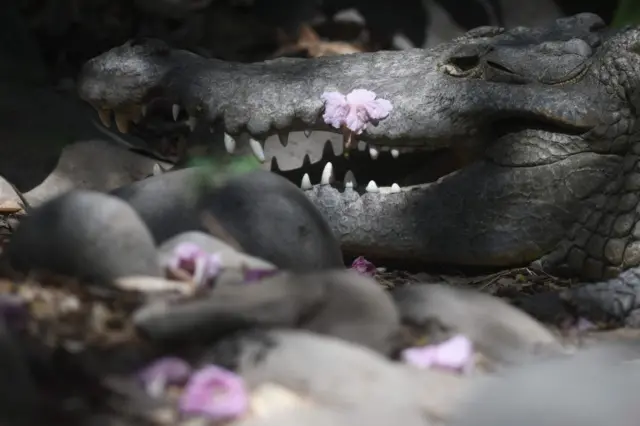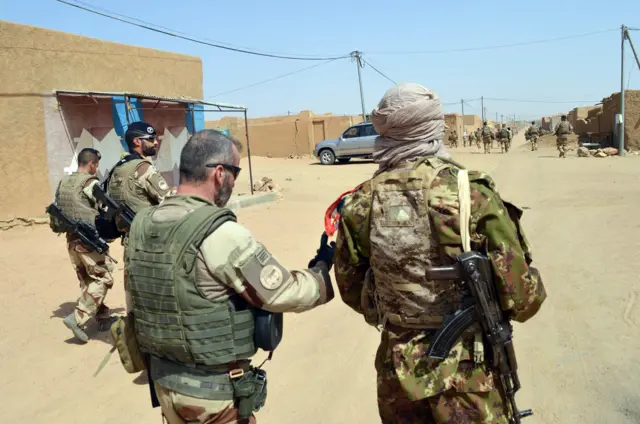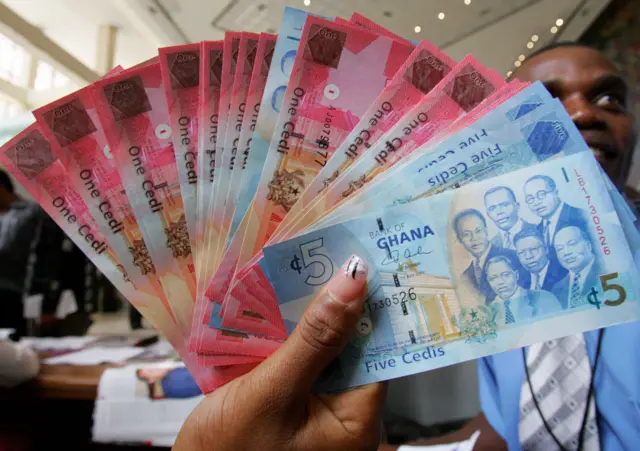Lungu faces impeachment motionpublished at 10:28 GMT 23 March 2018
 Kennedy Gondwe
Kennedy Gondwe
Lusaka
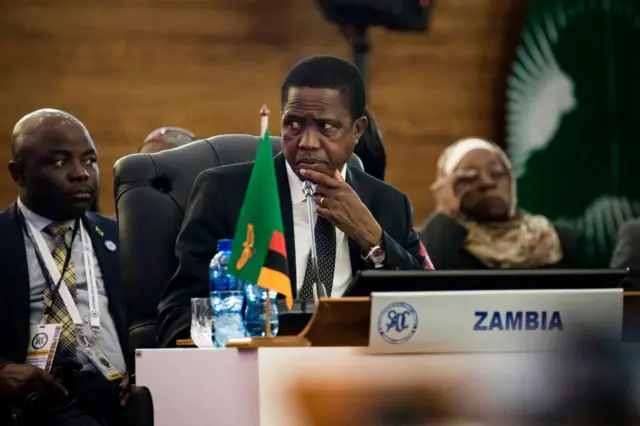 Image source, AFP
Image source, AFPMPs accuse President Lungu of gross misconduct and corruption
Members of Zambia’s main opposition party have submitted a motion in parliament for the impeachment of President Edgar Lungu.
The motion, which was submitted to parliament yesterday, has been signed by a third of lawmakers mainly from the United Party for National Development.
Others that have signed up are Chishimba Kambwili and Harry Kalaba, two former ministers and members of the ruling party.
The lawmakers have cited gross misconduct and corruption as some of the reasons they want Mr Lungu impeached.
Even though Zambia's next general elections is not until 2021, there's already heightened political activity in the country.

